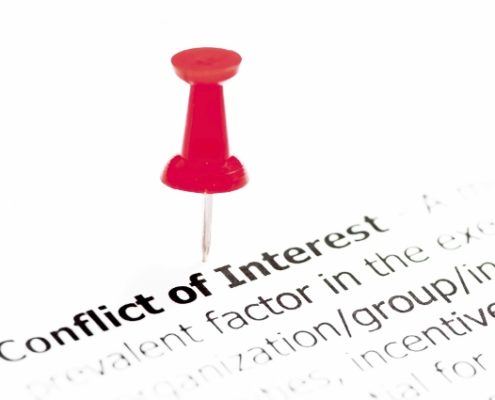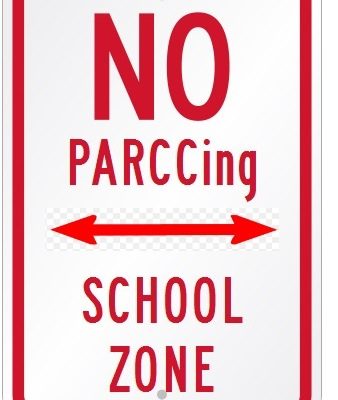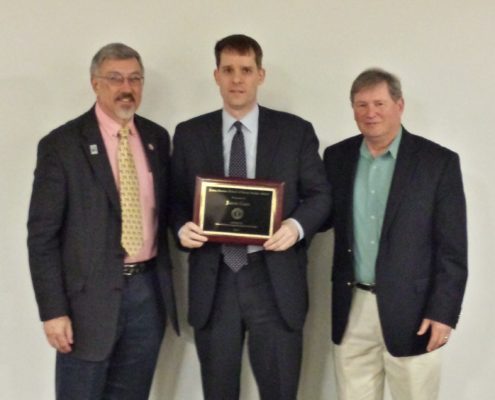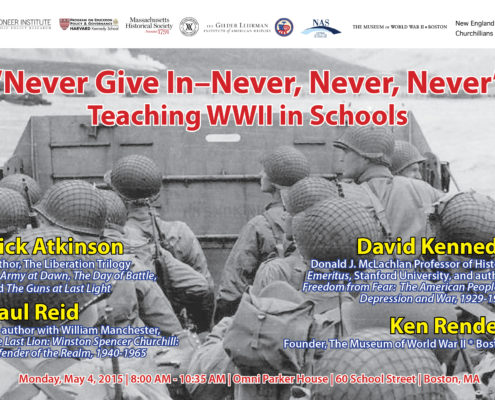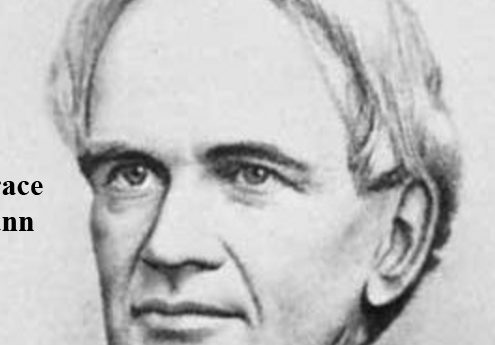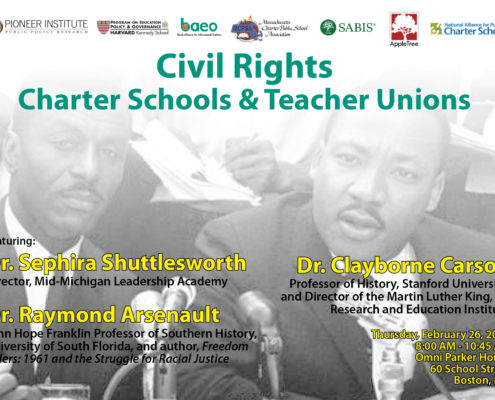Study: After-School Programs Can Help Improve Flat or Declining Math Achievement
Philanthropic, other organizations should consider providing financial assistance to allow programs to expand into lower-income communities
BOSTON – At a time of declining state and national math proficiency, after-school math programs offer a viable option for quickly increasing the number of mathematically competent students, according to a new Pioneer Institute study that profiles two such programs: Kumon and the Russian School of Mathematics (RSM).
“Given the disappointing state of math education in American public schools, after-school math programs could play a particularly important role,” said Ze’ev Wurman, co-author with William Donovan, of “Axioms of Excellence: Kumon and the Russian School of Mathematics.”
For the first time since 1990, fourth- and eighth-grade math scores fell on the 2015 National Assessment of Educational Progress. They remained flat in 2017.
After rising for several years, math scores on the ACT college entrance exam have been falling since 2012. In 2018, the average math score dipped below the 1998 level. What improvement has been achieved on various tests has largely been limited to the children of highly educated parents.
Progress has also slowed in Massachusetts, where the percentage of students scoring “Below Basic” on state testing rose from 15 percent in 2015 to 19 percent in 2017.
These poor outcomes have facilitated the growth of private after-school math programs like Kumon and the Russian School of Mathematics. Japan-based Kumon celebrated its 60th anniversary in 2018. It currently serves 4.2 million students at nearly 25,000 learning centers in 50 countries and regions. The company has 45 Massachusetts locations, 19 of which are within route 128.
Kumon students start as early as age three and can continue until they complete the program, which means mastering high school-level math, including differential equations. Students master a series of sequential worksheets, each one slightly more challenging than its predecessor.
Independent learning and building self-confidence are priorities. After completing a placement test, each student begins at a level at which she or he would have little difficulty. They proceed through the worksheets at their own pace, going to the Kumon Center twice a week and completing other work at home.
Like Kumon, Newton-based RSM, which serves 25,000 students in 40 locations across 11 states and Canada, including 15 mostly affluent Massachusetts municipalities, believes in starting students young. RSM students attend weekly classroom sessions that range between 90 minutes and 2.5 hours, depending on the student’s grade level.
Otherwise the two programs take very different approaches. While Kumon is focused on routinizing important math abilities like multiplication tables to free up working memory for more complex functions, RSM stresses abstraction and reasoning skills.
Wurman and Donovan recommend that philanthropic and other organizations consider providing financial assistance to allow after-school math programs to expand into low-income communities where they are sorely needed.
The authors also call for more active communication between teachers and after-school programs, so after-school instructors know what students worked on that day and what they will need to know to master the next lesson.
About the Authors
William Donovan is a former staff writer with The Providence Journal in Rhode Island where he wrote about business and government. He has taught business journalism in the graduate programs at Boston University and Northeastern University. He received his undergraduate degree from Boston College and his master’s degree in journalism from American University in Washington, D.C.
Ze’ev Wurman is a senior fellow with the American Principles Project. He participated in developing California’s education standards and the state assessments in mathematics between 1995 and 2007. Between 2007 and 2009 he served as a senior policy adviser with the Office of Planning, Evaluation and Policy Development at the U.S. Department of Education. In 2010, Wurman served on the California Academic Content Standards Commission that evaluated the suitability of the Common Core standards for California and was one of its two members who voted against their adoption. He is an executive in a semiconductor start-up company in the Silicon Valley and holds over 35 U.S. patents.
About Pioneer
Pioneer Institute is an independent, non-partisan, privately funded research organization that seeks to improve the quality of life in Massachusetts through civic discourse and intellectually rigorous, data-driven public policy solutions based on free market principles, individual liberty and responsibility, and the ideal of effective, limited and accountable government.
Get Our Common Core Updates
Related Posts:


